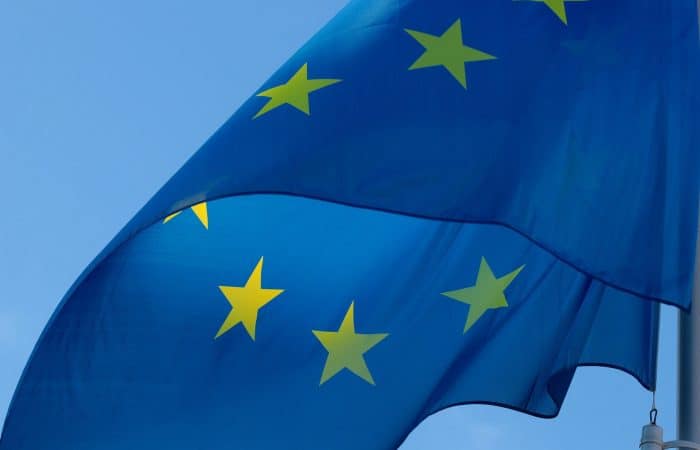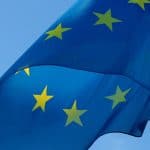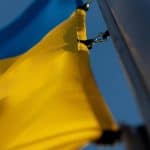After the fall of the Assad regime in December 2024, the international community began revising its sanctions regime against Syria. The United States already lifted a part of the trade restrictions on 24 May, whilst the European Union has abandoned the majority of its economic sanctions later that month. The remainder of sanctions are primarily security oriented: an arms erbago, export ban on dual use goods and software, and individual sanctions against persons and entities that were aligned with the former Assad regime.
This blog gives an overview of the most important European measures against Syria, and the implications for internationally operating companies.
Current sanctions
The entry into force of EU Regulations 2025/1098 and 2025/1094 has essentially lifted the economic sanctions against Syria. After the legislative change, only these restrictions remain into force:
- The arms embargo
- Prohibition on the export of dual use goods
- Prohibition on the export of surveillance software
- Embargo on Syrian cultural goods and archeological artifacts
- Individual sanctions against former members of the Assad regime
Previous sanctions
European sanctions against Syria originate from Regulation 2012/36, which was adopted as a reaction on the violent repression of anti-government protests by the Assad regime. The first round of sanctions was extensive in scope, and included amongst others an arms embargo, export bans on luxury goods, financial sanctions against Syrian banks, an asset freeze for several hundred persons and entities, and export bans on repressive technology and communication equipment. In early 2025 it became clear that the EU intended to revise its sanctioning policies.
The first sanctions were lifted with EU regulations 2025/407 and 2025/408 (dated 24 February), which were aimed at facilitating the reconstruction of Syria’s economy, and lifted prohibitions on:
- Importing crude oil and oil-related products from Syria
- Supplying kerosene and other aircraft fuel
- Supplying the technology and equipment needed in the oil, gas, and electricity industries
- Investing in Syrian power plants
- Syrian transport flights to European airports
- Banking transactions for the benefit of humanitarian aid or reconstruction.
Moreover, four Syrian banks as well as Syrian Arab Airlines were removed from the list of sanctioned entities, although they remained subject to the asset freeze.
Recent Easing of Sanctions
The most fundamental change to the EU sanctions regime came at the end of May, when the EU significantly scaled back its previous sanctions policy through the adoption of two new regulations. Under Regulation (EU) 2025/1098, the following activities are permitted:
- Import and export of oil and gas
- Trade in aviation fuel
- Supply of equipment and maintenance services in the oil, gas, and electricity sectors
- Investments in, and financial transactions with, Syrian energy companies
- Trade in Syrian currency, gold, diamonds, luxury goods, and government bonds
- Offering of securities and financial products to Syrian government institutions
- Establishment of banking relationships with Syrian banks and opening of Syrian bank branches within the EU
- Cargo flights operated by Syrian airlines
- All restrictive measures against the Commercial Bank of Syria have been lifted
Regulation (EU) 2025/1094 revises the sanctions list: several Syrian banks (which are expected to regain access to SWIFT) and oil companies have been removed. However, the individual sanctions targeting members of the former regime remain in force.
In practice
The significance of the most recent legislative developments cannot be understated: the majority of trade, investment, and financial restrictions have been lifted, and it has become possible again to do business in Syria – in principle at least. Simultaneously, caution should be exercised. Syria is still subject to sanctions, in particular regarding arms trade, dual use goods, surveillance software, and certain individuals that were involved in the Assad regime. Thorough due diligence research into the remainder of sanctions against Syria is crucial.
The chain of events in Spring 2025 shows how the scope of sanctions and other restrictive measures can change rapidly as a consequence of global geopolitical developments. It is therefore crucial for entrepreneurs to continuously stay informed on the most recent changes in international sanctions.
More information
If you have any questions regarding this article, please contact our Trade, Industry, and Logistics specialists:




